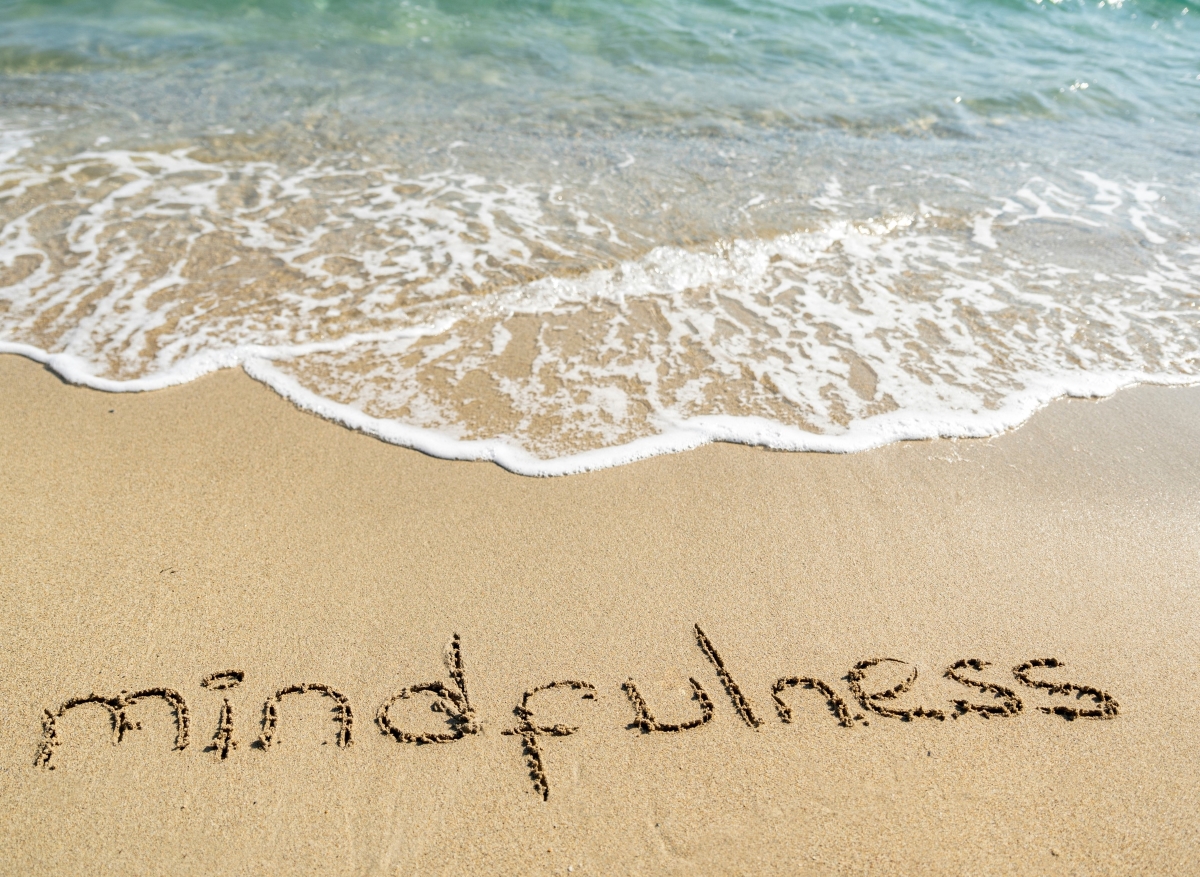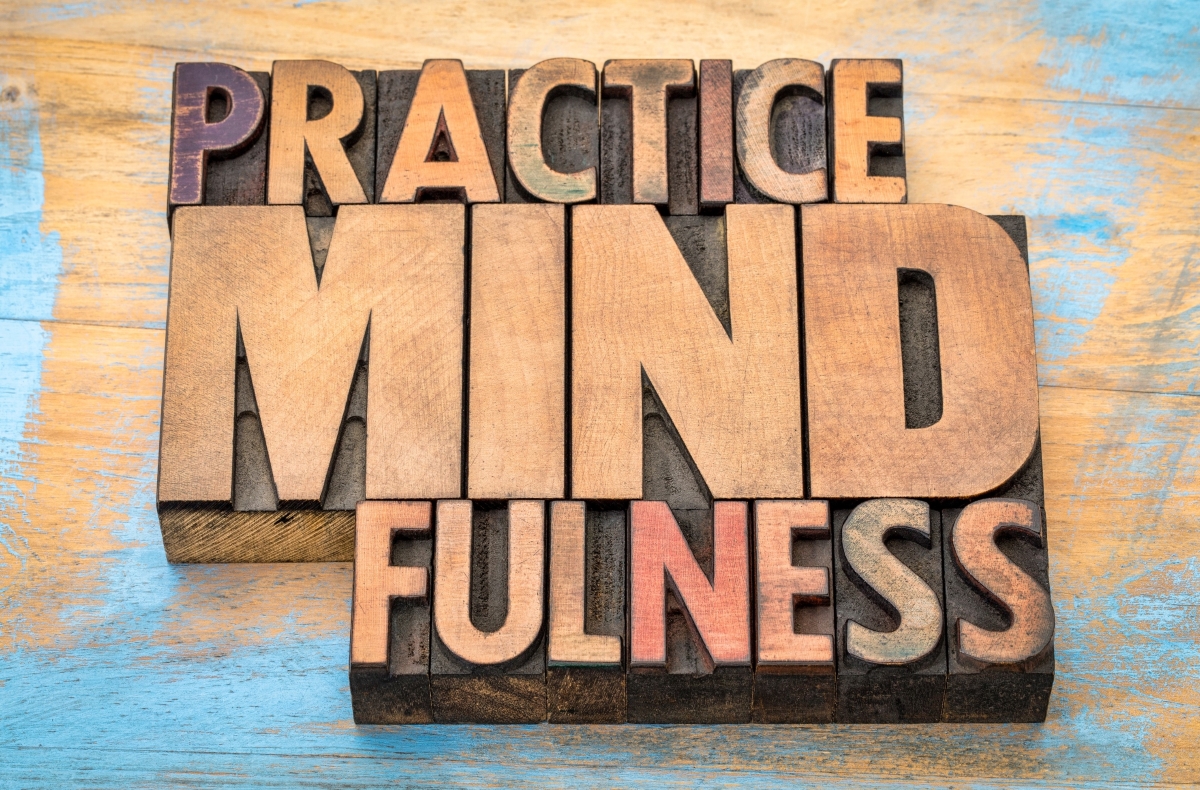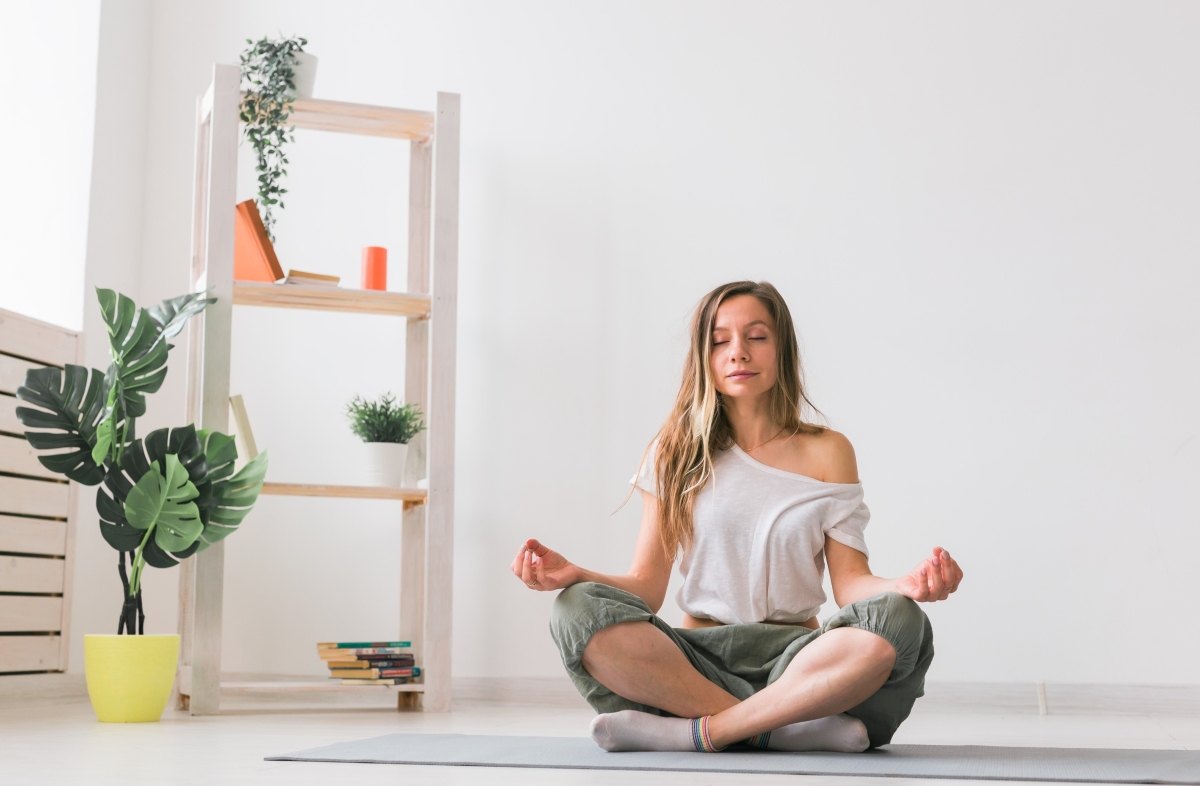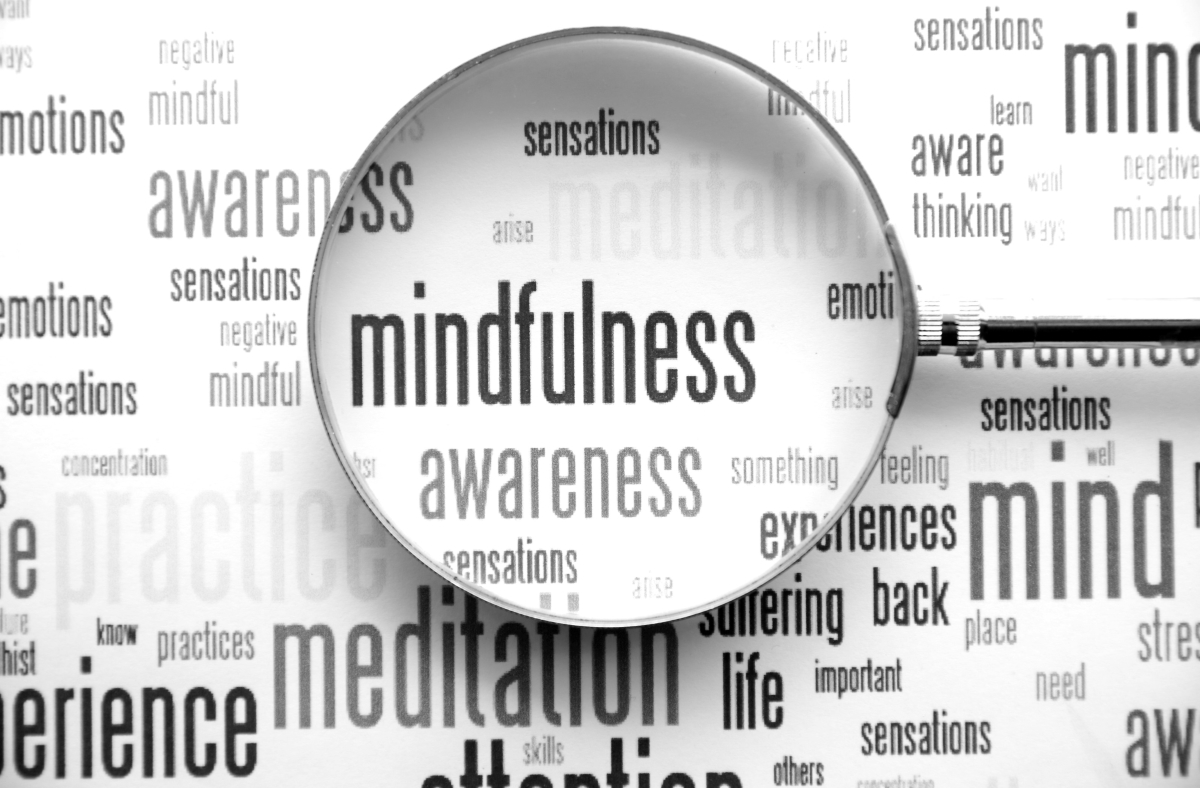Mastering the Art of Mindfulness and Meditation for a Peaceful Retirement

Mindfulness and meditation offer powerful tools for enhancing well-being and tranquility, especially in retirement. As life slows, these practices can bring more profound peace and fulfillment. Mindfulness, the art of being fully present, and meditation, the practice of focused attention, both reduce stress and improve mental clarity.
Embracing mindfulness and meditation can significantly enrich your retirement experience. These practices help manage the emotional and physical changes that come with aging, providing tools to stay grounded and centered. Incorporating mindfulness and meditation into your daily routine can cultivate a more peaceful, fulfilling retirement, transforming how you experience each day.
Understanding Mindfulness and Meditation

Mindfulness involves paying attention to the present moment with openness and curiosity. It encourages a non-judgmental awareness of thoughts, feelings, and sensations. Practicing mindfulness can help you stay grounded and fully engaged in daily activities, promoting a sense of calm and reducing stress.
Meditation encompasses various techniques designed to focus the mind and achieve a state of relaxation. Popular methods include guided meditation, where you follow verbal instructions, mantra meditation, which involves repeating a word or phrase, and breathing meditation, which centers on observing the breath. Each type offers unique benefits but aims to enhance mental clarity and emotional stability.
Together, mindfulness and meditation work harmoniously to improve overall well-being. While mindfulness helps maintain present-moment awareness throughout daily life, meditation provides dedicated time to deepen this practice and cultivate inner peace. Integrating both can lead to a more balanced and serene retirement.
The Benefits of Mindfulness and Meditation for Seniors

Mindfulness and meditation provide a range of benefits, particularly valuable during retirement. These practices enhance mental, emotional, and physical well-being, providing a more fulfilling and peaceful retirement.
- Stress Reduction: Mindfulness and meditation are highly effective in reducing stress. Focusing on the present moment can shift your attention away from worries and daily pressures. This shift helps lower cortisol levels, the hormone associated with stress, leading to a more relaxed state. Regular practice can diminish stress’s physical and mental effects, making it easier to navigate life’s changes.
- Enhanced Mental Clarity: Both practices improve cognitive function and focus. Mindfulness trains the mind to concentrate on the present, sharpening attention and improving memory. Meditation enhances this by fostering a state of deep mental rest, which rejuvenates the brain and enhances cognitive clarity. This mental sharpness helps maintain mental agility and clarity, which is crucial as you age.
- Emotional Well-being: Mindfulness and meditation significantly impact emotional health. These practices help manage feelings of anxiety and depression by fostering a balanced perspective. Mindfulness promotes awareness of emotions without judgment, allowing you to process and release negative feelings. Meditation provides a space for relaxation and emotional reset, which helps cultivate a positive mindset and emotional resilience.
- Physical Health: The benefits of mindfulness and meditation extend to physical health. Studies show these practices can lower blood pressure, improve sleep quality, and reduce chronic pain. Mindfulness-based stress reduction (MBSR) programs have been shown to alleviate symptoms of various health conditions, including heart disease and arthritis. By promoting relaxation and reducing stress, these practices support overall physical health and enhance the quality of life.
Getting Started with Mindfulness

Embarking on a mindfulness journey can be straightforward and rewarding. Begin with basic techniques that are easy to integrate into daily life. Set aside a few minutes each day for mindfulness practice. Focus on your breath, noticing the sensation of inhaling and exhaling. This simple exercise can help center your mind and promote relaxation.
Creating a mindful routine involves incorporating mindfulness into everyday activities. Practice being present while eating by savoring each bite and paying attention to the flavors and textures of your food. During walks, focus on the sensation of each step and the surrounding environment. This helps turn routine moments into opportunities for mindfulness.
Mindful eating and walking are practical applications of mindfulness that enhance daily experiences. Mindful eating encourages a deeper appreciation of your meals and can improve digestion and satisfaction. Mindful walking involves paying attention to the movement of your body and the sensations of walking, which can enhance physical and mental well-being.
Exploring Meditation Practices

Choosing a meditation style that suits your preferences is key to a fulfilling practice.
- Guided meditation follows audio or visual instructions, making it ideal for beginners. It helps focus the mind and provides structure, which can be particularly helpful in maintaining consistency.
- Mantra meditation involves repeating a specific word or phrase to center the mind. This technique can deepen concentration and promote a sense of calm. Select a mantra that resonates with you and repeat it silently during meditation sessions to enhance focus.
- Breathing meditation focuses on the natural rhythm of your breath. Observe each inhale and exhale without altering your breathing pattern. This method helps ground your attention and reduces stress by calming the nervous system.
- Setting up a meditation space is vital for creating a conducive environment. Choose a quiet, comfortable area with minimal distractions. Add elements that promote relaxation, such as soft lighting, cushions, or calming scents. A dedicated space helps signal your mind that it’s time to meditate, making it easier to establish a regular practice.
Overcoming Common Challenges

Maintaining a mindfulness and meditation practice can come with challenges, but overcoming them is key to success.
- Dealing with distractions involves creating a calm environment and gently guiding your focus back when your mind wanders. Techniques like focusing on your breath or a mantra can help minimize interruptions.
- Staying motivated requires setting realistic goals and tracking your progress. Start with short, manageable sessions and gradually increase the duration as you become more comfortable. Celebrate small achievements to stay encouraged and committed.
- Addressing physical limitations is essential for an inclusive practice. Adapt meditation techniques to fit your physical needs, such as using a chair instead of sitting on the floor if necessary. Ensure that your practice is comfortable and accommodates any physical restrictions, making it easier to maintain consistency.
Integrating Mindfulness and Meditation into Daily Life

To make mindfulness and meditation a natural part of your routine, start by establishing daily practices. Dedicate a specific time each day for mindfulness or meditation, whether first thing in the morning or before bed. Consistency helps build the habit and enhances the benefits over time.
Incorporate mindfulness into everyday activities by practicing awareness during routine tasks. Focus on the sensory details of washing dishes, gardening, or walking. This mindful approach turns ordinary moments into opportunities for practice and enriches your daily experience.
Mindfulness apps and resources can provide guidance and support. Apps like Headspace or Calm offer structured meditation sessions and mindfulness exercises. Explore these tools to find one that suits your needs and helps keep you engaged.
Joining mindfulness communities can also enhance your practice. Look for local meditation groups or online forums to connect with others who share your interest. Engaging with a community provides additional support and motivation, making it easier to maintain a consistent practice.
Conclusion

Mastering mindfulness and meditation can significantly enhance your retirement years, providing peace and fulfillment. By understanding the principles of mindfulness and meditation, you can reap the benefits of reduced stress, improved mental clarity, and better emotional and physical health. Starting with simple techniques, exploring various meditation practices, and addressing common challenges will help integrate these practices into your daily life. Embracing these strategies creates a serene and balanced environment, supporting a more tranquil and rewarding retirement. Adopting mindfulness and meditation into your routine can transform your daily experiences and contribute to a more peaceful and satisfying retirement.





